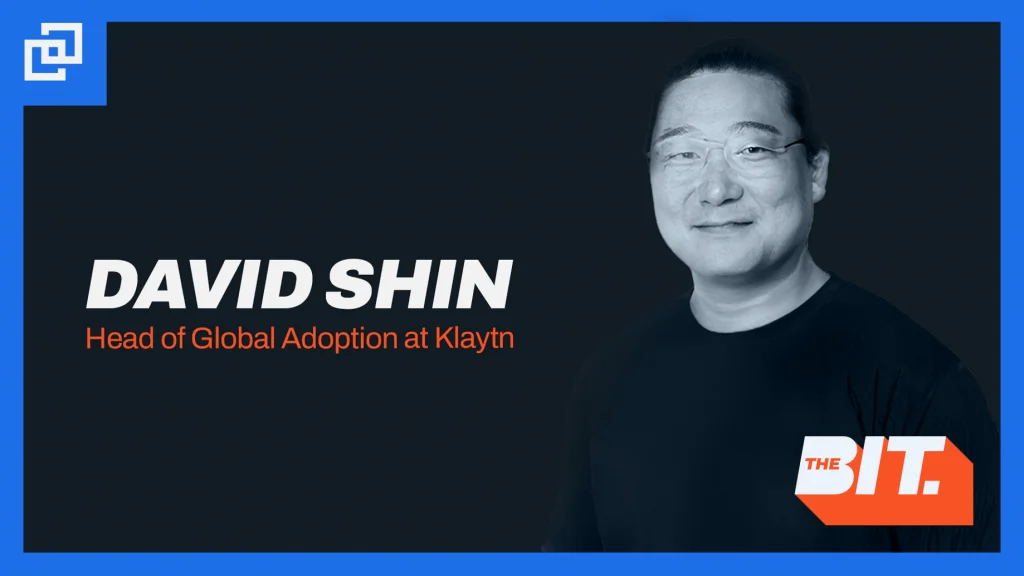Klaytn, South Korean blockchain platform, may lose its domestic dominance if it can’t stay up with competitors like Polygon and kakao

South Korea NFT Market
South Korea’s nonfungible token (NFT) market grew significantly in 2021, owing to Kakao’s expansion of crypto and NFT services, but competitors are already entering the game.
Following the government’s determination on Nov. 5 that NFT purchases are tax-free, the NFT market in South Korea could see even greater growth.
For Koreans looking for a network to buy and sell NFTs, Klaytn, the blockchain developed by Korean Internet startups Kakao and GroundX, is the logical first pick.
KakaoTalk, Kakao’s main products suite, has over 52 million active users and integrates Klaytn’s Klip crypto wallet directly into its mobile app, demonstrating Klaytn’s market domination in Korea.
“If KakaoTalk pushes them, regular people who haven’t seen cryptos will grow familiar with them and [will] accept NFTs as a culture,” Sangdi, CEO of Spoon, an NFT maker platform located in South Korea, told Cointelegraph.
Korean Three Major Blockchains- Klaytn
Klaytn is also one of just three blockchains that the OpenSea NFT marketplace supports. Over 37,000 NFTs have been put up for sale on OpenSea by Kakao’s Krafterspace NFT minting business, with nearly 7,000 already acquired.
Korean NFT developers are aware that the Klaytn platform was designed specifically for Korean collectors, who are its target market. “We are going for the Korean market first, then the worldwide market,” Sangdi said. Klaytn, I believe, will currently assist us in focusing on Korea.”
Alternatives such as Ethereum layer two scaling network Polygon could pose a threat to Klaytn’s dominance if South Korean NFT collectors become more used to global NFT trends.
Polygon
Polygon is one of OpenSea’s three supported networks, making it a recognizable platform for Korean NFT collectors. It also offers a strong NFT market, which several Korean projects believe is better suited to their global business strategy.
Jisoon Lim, the CEO of 3PM, a music-centric NFT curation and publishing platform, chose Polygon over Klaytn to build his site. Despite the fact that Lim is based in Korea, he told Cointelegraph that Polygon was the best option for the project.
Karl Hyun, a Korean NFT fan, believes Polygon is better suited for the NFT market than Klaytn. Despite the fact that his favorite collections are not situated in South Korea, he believes that Ethereum-based layer two solutions are the greatest way to help NFTs expand globally.
“Polygon as a layer two runs best when it’s connected with Ethereum,” he told Cointelegraph, “but isn’t Klaytn closer to an independent side chain?” “Since Polygon is built on Ethereum, going to Polygon is the greatest method to boost scalability of NFTs while limiting centralization,” he continued.
Kakao
Kakao’s blockchain engagement extends to VC investing, and it has a long-standing connection with Dunamu, the Korean Upbit exchange’s owner.
Dunamu is partnering with HYBE, the entertainment business behind iconic Kpop group BTS, to establish an NFT platform. Kakao Games, an NFT marketplace and metaverse, is also in the works.
Kakao’s current presence could be hampered by its delayed worldwide scaling attempts. Concerns about globalization, on the other hand, are a transitory stumbling block, according to Sangdi, who added that the company aspires to be a global brand.
